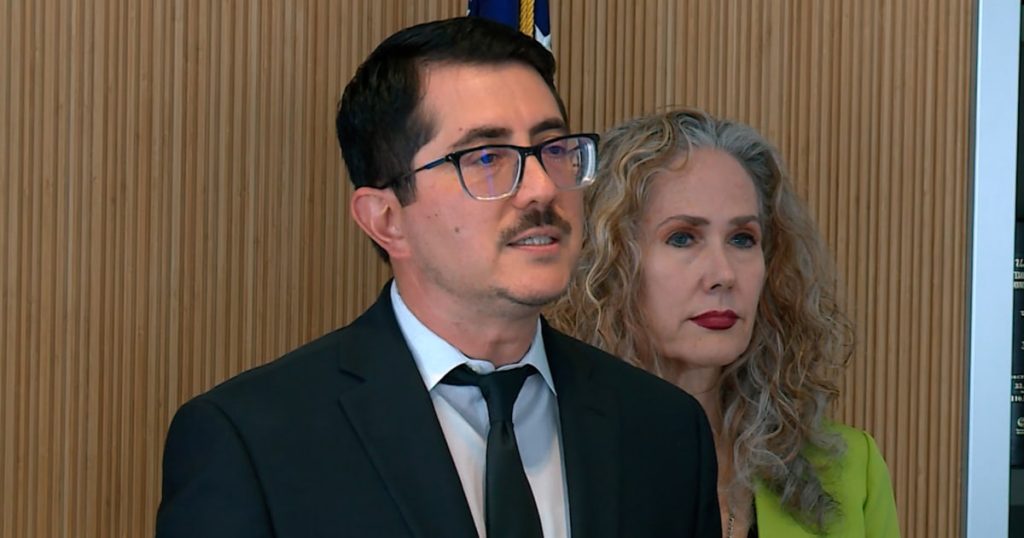The content discusses the impact of social media on mental health. It delves into how social media platforms like Instagram, Facebook, and Twitter have become integral parts of daily life for many people but also have negative effects on mental well-being. The constant exposure to curated and edited images can lead to feelings of inadequacy and low self-esteem, especially among young people. The pressure to portray a perfect life online can result in anxiety, depression, and other mental health issues.
Furthermore, the content highlights the phenomenon of social media addiction, where individuals feel the need to constantly check their accounts and seek validation through likes and comments. This addiction can lead to a decrease in real-life social interactions, feelings of isolation, and dependency on external validation. Research has shown that excessive use of social media can alter brain chemistry in a way that mimics substance addiction, making it difficult for individuals to break the cycle of seeking validation online.
In addition, the content explores the link between social media use and sleep disturbances. The blue light emitted by screens can disrupt the body’s natural sleep-wake cycle, leading to insomnia and poor sleep quality. Moreover, the constant exposure to stimulating content on social media can make it challenging for individuals to wind down and relax before bedtime, further exacerbating sleep issues. Lack of quality sleep can have a detrimental impact on mental health, contributing to mood swings, irritability, and cognitive impairments.
The content also discusses the role of social comparison in perpetuating mental health issues. Individuals often compare themselves to others on social media, which can lead to feelings of envy, jealousy, and dissatisfaction with one’s own life. The carefully curated images and posts that flood social media feeds can create a distorted reality, making it difficult for individuals to separate fact from fiction. This constant comparison can erode self-esteem and exacerbate existing mental health conditions, leading to feelings of worthlessness and inadequacy.
Moreover, the content tackles the issue of cyberbullying on social media and its detrimental effects on mental health. The anonymity and distance offered by online platforms can embolden individuals to engage in harmful behavior, such as harassment, threats, and spreading rumors. Victims of cyberbullying often experience feelings of fear, anxiety, and depression, which can have long-lasting consequences on their mental well-being. The content emphasizes the importance of creating a safe and supportive online community to combat cyberbullying and protect individuals from harm.
In conclusion, the content emphasizes the need for individuals to be mindful of their social media use and its impact on mental health. It encourages setting boundaries, taking breaks from social media, and seeking support from mental health professionals if needed. By being aware of the potential pitfalls of social media and taking steps to protect one’s well-being, individuals can mitigate the negative effects on their mental health and cultivate a healthier relationship with technology. Ultimately, the content underscores the importance of balance and self-care in navigating the digital landscape and preserving mental well-being in the age of social media.


